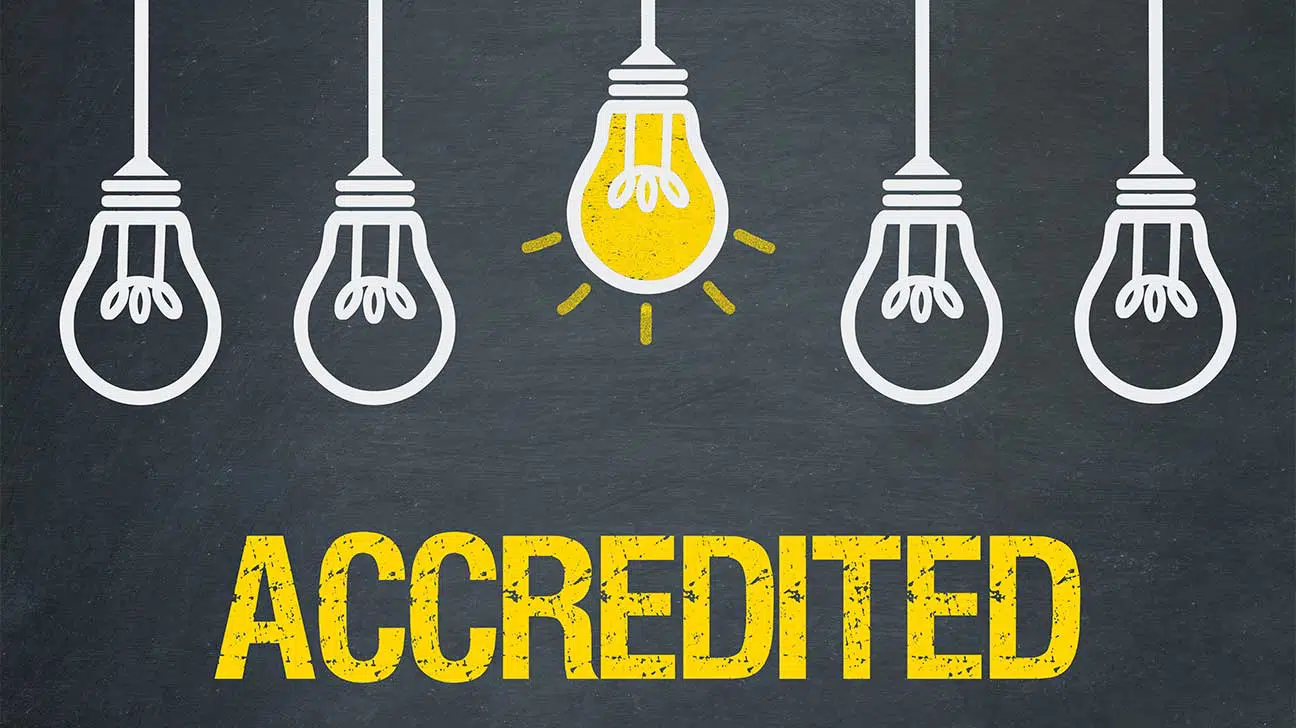
Finding a drug or alcohol abuse treatment center that is accredited can be an important step in the treatment search process.
Confirming a rehab center’s accreditation is one way to get reassurance that you’re choosing a facility that can offer high-quality and effective treatment for yourself or a loved one.
One of the leading accreditors that offers accreditation for addiction treatment centers is the Council on Accreditation (COA), which accredits various social and human services.
What Is The Council On Accreditation?
The Council on Accreditation (COA), founded in 1977, is an international accreditor that works with social and human service organizations to develop quality standards for care.
Accreditation programs offered by the COA:
- private organization accreditation
- public agency accreditation
- Canadian organization accreditation
- child & youth development accreditation
- military family readiness accreditation
According to its website, it has or is currently in the process of accrediting over 1600 organizations that serve millions of people across the world.
What Is Accreditation And What Purpose Does It Serve?
Accreditation is an important feature for any high-quality rehab center. But what does it mean?
Within the behavioral health field, accreditation is an independent judgement by an accrediting authority that a rehab provider adheres to specific standards of quality and care.
The Council on Accreditation accredits treatment providers and facilities based on specific standards they have developed for management, service provision, and service delivery.
Standards from the Council on Accreditation include:
- Administration and Management Standards: These are standards pertaining to suitable operations, financial management, governance and quality improvement.
- Service Delivery Administration Standards: These are standards pertaining to the delivery of services, including client rights, adequate training, and staff supervision.
- Service Standards: These standards pertain directly to the types of services offered to clients.
Accreditation is not a quick or rushed judgement call. To become an accredited rehab facility, addiction treatment centers must undergo a series of evaluations by the accrediting authority.
What Is The Process Of Becoming Accredited By The COA?
Seeking accreditation through the Council on Accreditation requires an extensive process. For public agencies, this can take 18–48 months. For private organizations, at least 12–18 months.
Steps for accreditation include:
- Applying for accreditation
- Intake and assessment
- Self-evaluation
- Treatment site visit
- Ratings report and review
- Decision on awarding accreditation
- Maintaining accreditation
All rehab facilities accredited by the COA have undergone this process. In addition, accreditation must be renewed every three to four years for it to remain current.
Benefits Of Choosing A COA-Accredited Treatment Center
Drug and alcohol rehab centers do not have to be accredited to market their treatment services or treatment programs.
Unfortunately, this can leave both families and individuals vulnerable to client exploitation, false advertising, and poor quality of care offered to clients by non-accredited providers.
Becoming accredited shows that a rehab facility has gone the extra mile to prove that they offer quality care and a safe treatment environment that adheres to basic standards of care.
Benefits of choosing a COA accredited facility include:
- Reassurance that the treatment center is in compliance with regulation, law, and judicial orders
- Confirmation that a rehab center delivers quality service, including treatment that is culturally competent and supports positive treatment outcomes
- Finding a drug rehab facility that is safe, sanitary, and employs licensed treatment providers to deliver effective care
In short, choosing an accredited facility can provide greater peace of mind.
All accredited treatment providers must re-apply or renew their accreditation every few years, meaning they will never go too long without being evaluated by an independent body.
Are There Other Forms Of Accreditation Rehab Centers Can Have?
The Council on Accreditation is not the only accreditor that offers accreditation for addiction treatment centers in the United States.
Treatment centers can also seek accreditation from other reputable organizations, such as the Joint Commission (JCAHO) and the Commission on Accreditation for Rehab Facilities.
Find A Council On Accreditation Rehab Center Today
Finding an accredited rehab facility for yourself or a loved one with a substance use disorder can offer you peace of mind as you look forward to a future in recovery.
We can help you find a treatment center that best suits your needs. Call our helpline today to find a COA-accredited rehab center that’s right for you.
Addiction Resource aims to provide only the most current, accurate information in regards to addiction and addiction treatment, which means we only reference the most credible sources available.
These include peer-reviewed journals, government entities and academic institutions, and leaders in addiction healthcare and advocacy. Learn more about how we safeguard our content by viewing our editorial policy.
- Council on Accreditation (COA)
https://coanet.org/


